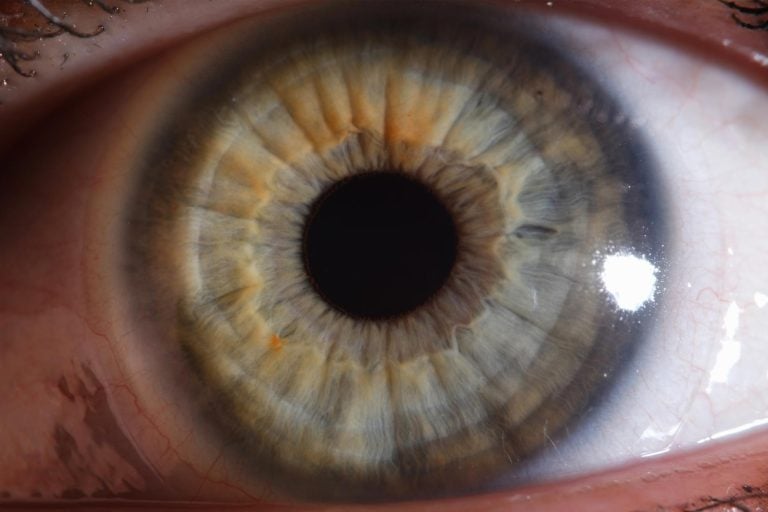Scientists at the National Institutes of Health (NIH) have made a groundbreaking discovery, identifying the UBAP1L gene as a cause of certain inherited retinal diseases (IRDs). This breakthrough opens doors to developing genetic testing, clinical trials, and therapies for these debilitating conditions.
The Impact of IRDs
IRDs affect over 2 million people globally, impairing the light-sensitive retina and threatening vision. With each specific disease being rare, research and clinical trials have been challenging.
The Study
A small study of six unrelated participants linked the UBAP1L gene to various retinal dystrophies, including:
- Maculopathy (central vision loss)
- Cone dystrophy (color vision loss)
- Cone-rod dystrophy (night vision loss)
Key Findings
- Patients showed symptoms starting in early adulthood, progressing to severe vision loss.
- Genetic evaluation revealed four UBAP1L gene variants.
- Variants likely cause protein dysfunction.
The Importance of Genetic Testing
Identifying UBAP1L’s involvement adds to the list of 280+ genes responsible for IRDs, highlighting the importance of genetic testing and collaboration between clinics and labs.
Future Directions
- Studying UBAP1L’s function to understand disease mechanisms.
- Developing targeted treatments.
- Exploring geographic-specific variants.
Expert Insights
“The patients in this study showed symptoms similar to other IRDs, but the cause was uncertain. Now that we’ve identified the causative gene, we can study how the gene defect causes disease and develop treatment.” – Bin Guan, Ph.D., NIH’s National Eye Institute.
“These findings highlight the importance of providing genetic testing to our patients with retinal dystrophy.” – Laryssa A. Huryn, M.D., NIH’s National Eye Institute.
Reference
“Biallelic Loss-of-Function Variants in UBAP1L and Nonsyndromic Retinal Dystrophies” (JAMA Ophthalmology, 2024)
Share Your Thoughts
How do you think this discovery will impact the development of treatments for inherited retinal diseases?

















